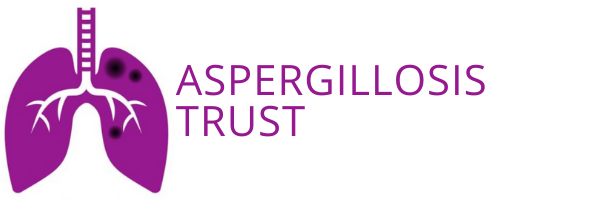Thomas Williams - ABPA in Cystic Fibrosis
Hi! I’m Tom, a third year PhD student at Imperial College London based under the strategic research centre Targeting Immunotherapy for Fungal Infections in Cystic Fibrosis (TriFIC). I’m originally from Somerset but grew up in north-east Scotland. I moved to Aberdeen in 2013 where I attended Robert Gordon University and completed my undergraduate studies in Analytical Sciences. After moving to London in 2017 I worked for a year in project management before returning to education to study for my Masters in immunology at Imperial College. On completion of my Masters in 2019 I started my PhD focussing on Aspergillus fumigatus (Af) induced cell death with a focus on Cystic Fibrosis (CF). My first couple of years were literally plagued by the pandemic! This led to the unprecedented challenge of carrying out research with limited access to the lab while maintaining social distancing, however through perseverance and collaboration we managed to keep producing interesting new data.
My work is primarily focussed on allergic bronchopulmonary aspergillosis (ABPA) as this is the form of aspergillosis that those with CF are predisposed to. Cystic fibrosis has characteristic hyperinflammation in the lung due to sticky mucous trapping microbes such as Af. We are interested in how Af contributes to this inflammation by inducing death of host immune cells. There are many forms of inflammatory cell death that fungi are known to cause, these include Pyroptosis, Necroptosis and Ferroptosis. Understanding which types of inflammatory death are occurring in the lung will allow us to identify novel therapeutics to reduce hyperinflammation and eventually limit lung damage during ABPA.
My most recent work has been bringing a mouse model of allergic aspergillosis to our lab which is closer to how people in the real world are exposed. This model allows me to assess aspergillus induced damage in the lung in a chronic setting and make comparisons on how Cystic fibrosis contributes to worse disease. I am able to identify and characterise the types of immune cells that are coming into the lung during allergic aspergillosis to understand how they are contributing to the inflammation. I can also measure inflammatory markers in the airways, some of which are called cytokines such as IL-1β and IL-33 which are released when cells die in an inflammatory manner. These markers allow us to measure the level of death occurring in the airways which likely contributes to the inflammation leading to lung function decline. In this model we are currently screening a number of cell death inhibitors, some of which are already used in the clinic to treat other inflammatory conditions, to prevent this cell death related inflammation and hopefully prevent lung damage and decline. This work could lead to the discovery of new immunotherapeutics to help combat inflammation during ABPA.
To check out more work from TriFIC researchers head over to our website! https://www.trific.org/
